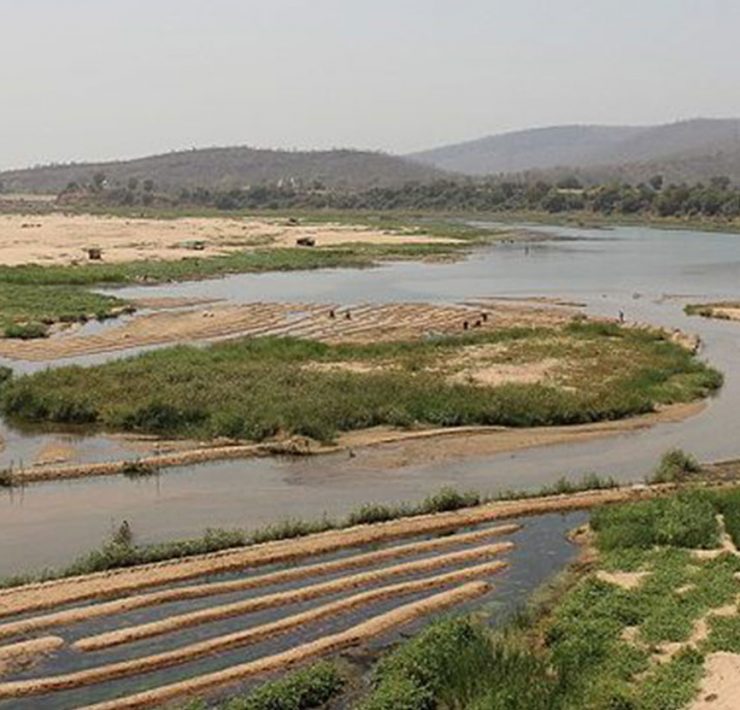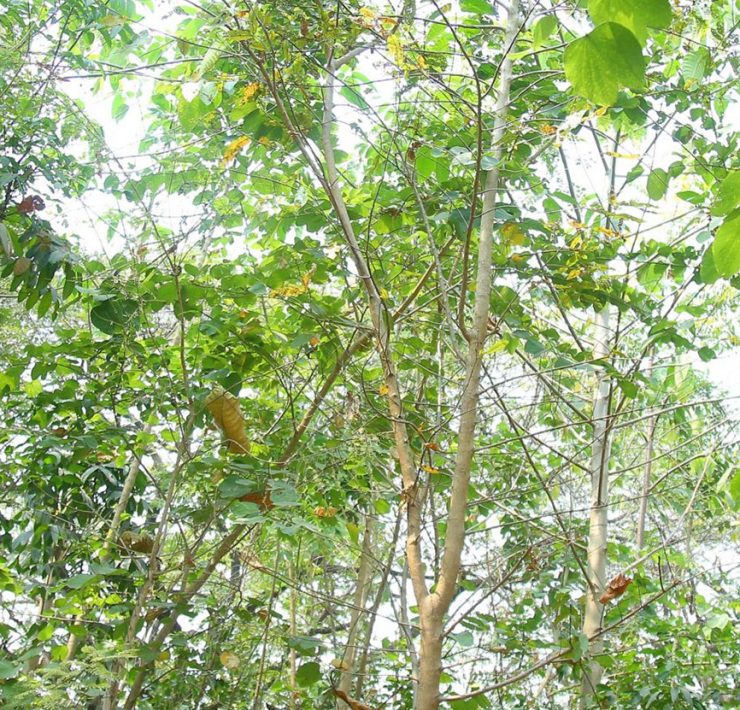Uttarakhand May See 2nd Chipko Movement as Hundreds Protests against Axing of 10,000 Trees
- Students are rallying en masse to ‘save Thano’ in a bid to recreate the Chipko movement to save trees.

The Uttarakhand government’s proposal to expand Dehradun’s Jolly Grant Airport has triggered protests led by students as over 10,000 trees in Thano are likely to get the axe due to the project.
The ‘Save Thano’ protesters, inspired by the 1970’s Chipko movement, are determined to save the 243 hectares of forest land that is likely to get cleared for the airport expansion. The area is locally known as an elephant corridor frequented by the animals from the Rajaji National park besides serving as a home to over a 100 species of birds.
Over a thousand people thronged the streets of Dehradun on Sunday and staged a protest outside the airport to give a warning to the government. They also tied threads onto trees, and pledged to protest against their felling.
Speaking to NewsClick, a young student activist said, “We are trying to launch a Chipko movement of sorts to give out a strong message to the government that their attempt is unprecedented and going ahead with it will not be easy for them.”
The iconic, women-led Chipko movement took place in Uttarakhand region in the 1970s to save forests and trees.
The government’s proposed project will lead to significant diversion of protected channels. The Bharatiya Janata Party-led government is justifying the expansion project saying it is needed to cater to the expected increase in air traffic over the next few years, At present, Dehradun’s Jolly Grant Airport is 2,140 metres long and the proposed expansion will be to 2,765 metres.
Activists have also alleged there are significant environmental risks of the projectand the Environment Impact Assessment (EIA) norms are being diluted to ensure the clearance.
Activist Niharika said, “After having gone through the EIA reports, it becomes clear that the reports are very vague and also show an attempt to downplay how rich the forest is. To get the clearance, the report says that there are not many trees in the area and it is not inhabited by any valuable flora and fauna. What we are worried about is the forthcoming environmental catastrophe, which was unleashed after clearances were given to the Char Dham project.”
For the locals, the issue is not just about the felling of the trees but a complete overhaul of the ecological balance that they say the clearance will unleash.

The project reportedly falls under a high risk seismic zone and is also slated to use groundwater supply for its completion, leading to a huge risk of landslides taking place.
The project is currently awaiting approval by the National Wildlife Board for the transfer of 243 acres of forest land to the Airport Authority of India (AAI). Previously, the Uttarakhand State Wildlife Advisory Board approved the transfer of 73 hectares of forest land within the protected Gangotri National Park. This area will be utilised for the construction of three strategically important roads that will ease the movement of the Indo-Tibetan Border Police (ITBP) force to the India-China border.
This article first appeared on Newsclick on 19th Oct.







